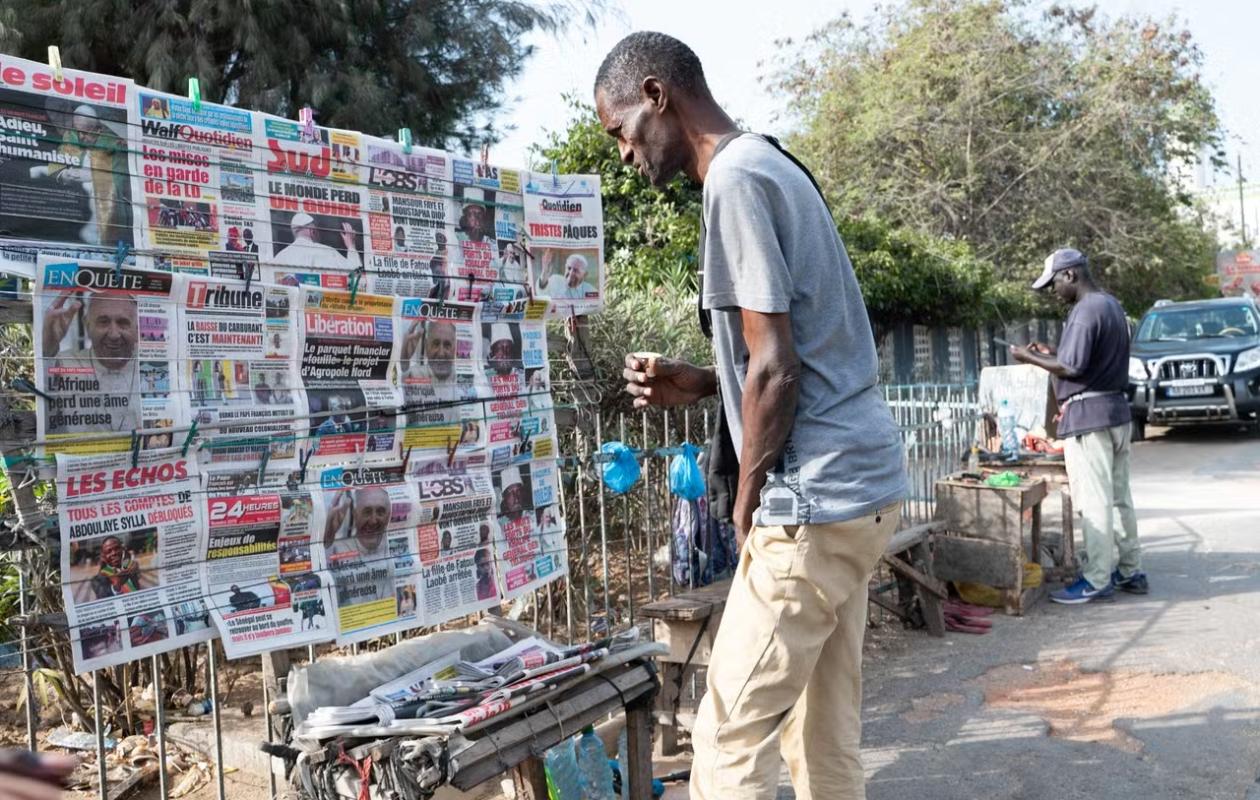
[Focus] Une loi pour l’accès à l’information, mais des zones d’ombre persistent
Senegal is preparing to take a decisive step forward for its democracy with the examination, this Tuesday, August 26, 2025, of the draft law on access to information, adopted by the Council of Ministers on July 30, 2025. Expected since 1999, this text has aroused both enthusiasm and caution among civil society actors and media professionals. While everyone welcomes a potential step forward for transparency and governance, they insist on the need to clarify certain gray areas to ensure its effectiveness.
The right of access to information has been a long-standing demand in Senegal. Since the late 1990s, civil society, journalists, and organizations like Article 19 have campaigned for its adoption. “This bill is the culmination of a process that began in 1999. We are now at a historic milestone,” says Alfred Nkuru Bulakali, regional director of Article 19. He emphasizes that this text embodies Senegal’s commitments under the Open Government Partnership (OGP), which the country joined in 2018. Despite several failed attempts due to a lack of political will, the adoption of this bill is seen as a victory. “This is good news for citizens, information professionals, and researchers,” says journalist Birame Faye.
A promising law, but a challenge to implement
The text establishes key measures: an obligation for administrations to respond to requests for information within 15 days, the possibility of referring the matter to the National Commission for Access to Information (CONAI) in the event of refusal, and sanctions against recalcitrant agents. Mamadou Diagne, president of the Convention of Young Reporters of Senegal (CJRS), sees this as a step forward that "will facilitate journalistic investigations," while calling for training for journalists: "Many still don't know how to exercise this right. Training and outreach frameworks will be needed." However, Mor Amar, editor-in-chief of the newspaper EnQuête, qualifies: "It was an anomaly that Senegal did not have such a law, especially when countries with less advanced democracies, such as Gambia under Yahya Jammeh or Togo, have them. But passing the law is one thing, making it effective is another, and that is the real challenge." » He points out that Senegalese governments are often "quick to pass laws that they do not always apply." Birame Faye adds that, among the 29 African countries with similar laws, "they have not served much purpose, because the colonial weight continues to handcuff public administrations."
Gray areas to clarify
Despite its achievements, the project has limitations. Birame Faye criticizes Article 2, which broadens the exceptions to the right of access with vague notions such as "industrial and commercial secrets" or "any other secret protected by the laws in force," which could restrict citizens' access. He also deplores the centralization of appeals: "Seen from Dakar, it seems simple to refer the matter to the CONAI, but for a citizen from the interior of the country, it would be more efficient to go through a sub-prefect or a prefect." Mor Amar points out the vagueness of the sanctions provided for in Article 30 and the overly institutional composition of the CONAI: "We talk about obstruction or refusal if the person did it knowingly. It's a wide open door for the recalcitrant. And the administration is too represented in the CONAI, to the detriment of citizen organizations."
A tool against disinformation
In a context of the proliferation of fake news on social networks, access to official data is seen as a bulwark. Alfred Nkuru Bulakali explains: "The absence of a clear legal framework fuels rumors, fake news, and weakens the quality of public debate." Souleymane Diassy, a journalist at Africa Check, adds: "In fact-checking, we need public data on health, the economy, or education. Too often, our requests go unanswered, which slows down, or even prevents, our investigations. What we are seeking is not a privilege, it is a right." Mamadou Thior, president of the Council for the Observation of Ethics and Professional Conduct (CORED), adds: "Too many defamation lawsuits could have been avoided if the information had been accessible from the start. This law will allow journalists to work on the basis of official documents and not rumors."
The stakeholders agree on one point: the law's success will depend on its implementation. "Passing the law is a good thing, but we'll wait and see how it works in practice," insists Mor Amar, who appreciates the framework for response times, but remains cautious: "With the goodwill of those subject to the law, this law can lead to major advances in the practice of the profession."
The law applies to all Senegalese, not just journalists. "This is not a law for journalists, it's a law for everyone," explains Birame Faye, regional media coordinator at the Panos Institute. Each citizen will be able to send a written request to an administration, which must respond within 15 days, with the possibility of appealing to CONAI in the event of refusal. Alfred Nkuru Bulakali concludes: "Access to information is not a favor, it is a fundamental human right. Its recognition opens a new democratic cycle for Senegal."
Commentaires (1)
Seeking more earnings, vibrant engagement, or stronger online impact?
We adapt it to fit your strategy. Enjoy a 7-day free trial period with no contract. Start here:
https://ow.ly/KG0F50WKQBj
Participer à la Discussion
Règles de la communauté :
💡 Astuce : Utilisez des emojis depuis votre téléphone ou le module emoji ci-dessous. Cliquez sur GIF pour ajouter un GIF animé. Collez un lien X/Twitter ou TikTok pour l'afficher automatiquement.